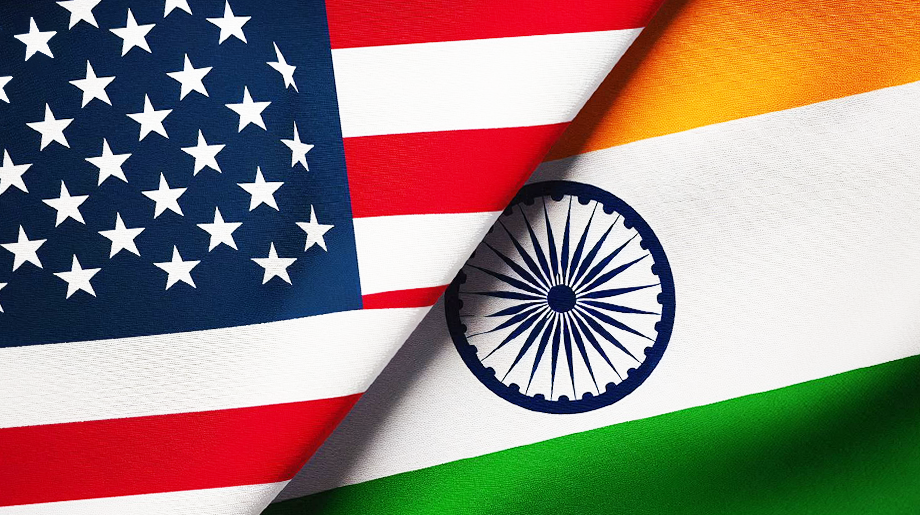Indian cuisine has emerged as a powerful cultural ambassador, spreading its aromatic flavors and rich culinary traditions across the globe. The proliferation of Indian restaurants worldwide has played a crucial role in introducing international audiences to the diverse and vibrant tapestry of Indian food culture. From New York to London, Tokyo to Sydney, diners can experience the flavors of India without ever setting foot on the subcontinent, making Indian cuisine one of the most recognizable and beloved international food options globally. This widespread popularity can be attributed to the diverse and flavorful nature of Indian dishes, the growing Indian diaspora, increased global interest in exploring different culinary traditions, and the adaptability of Indian cuisine to local tastes and ingredients.
Indian restaurants serve as more than just eateries; they act as cultural hubs that facilitate cross-cultural understanding and appreciation. By introducing diners to traditional Indian spices, cooking techniques, and dining customs, these establishments offer a glimpse into Indian culture and way of life. Many also incorporate elements of Indian decor, music, and hospitality, creating an immersive experience that goes beyond just the food. As Indian cuisine has spread globally, it has evolved to suit local palates and preferences, with notable examples including the creation of Chicken Tikka Masala in the UK, the development of Indo-Chinese cuisine, and the incorporation of local ingredients and cooking techniques in Indian dishes served abroad.
The proliferation of Indian restaurants worldwide has had significant economic and social impacts, including job creation, increased demand for Indian spices and ingredients, promotion of cultural diversity, and opportunities for entrepreneurship within Indian communities abroad. However, challenges remain in maintaining authenticity while catering to diverse global palates and balancing traditional flavors with local preferences and health considerations. Looking ahead, the future of Indian cuisine on the global stage appears bright, with increasing interest in plant-based diets boosting the popularity of Indian vegetarian and vegan options. Additionally, previously underrepresented regional Indian cuisines are finding their place in the international culinary scene, offering even more diversity and excitement for food enthusiasts worldwide.
In conclusion, Indian restaurants have played a vital role as cultural ambassadors, introducing the world to the rich tapestry of Indian culinary traditions. Through their global spread and influence, they have not only satisfied taste buds but also fostered cross-cultural understanding and appreciation, solidifying Indian cuisine's place as a beloved and integral part of the global culinary landscape.


